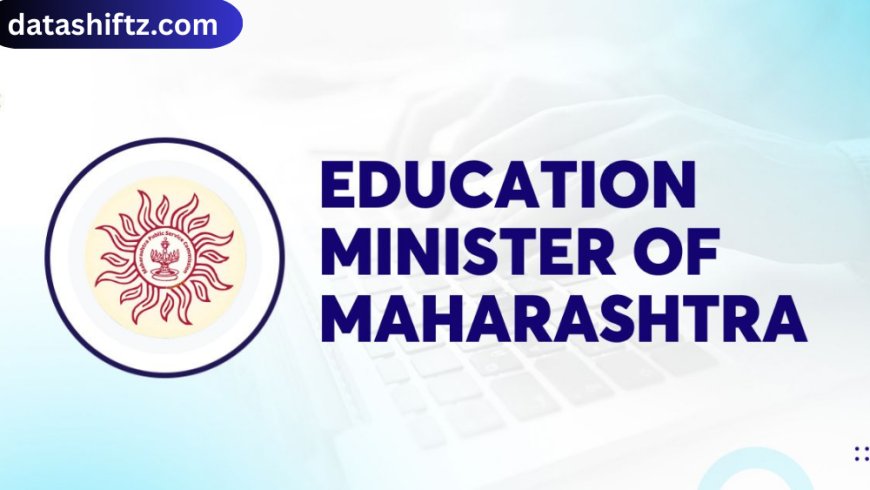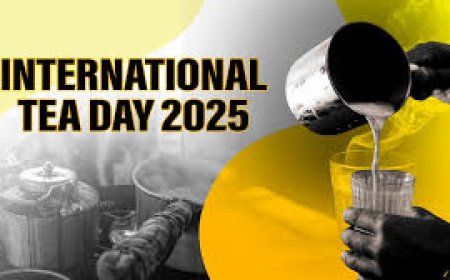Education in Maharashtra: A Comprehensive Overview

Introduction
Maharashtra, one of India’s most progressive states, has always been at the forefront of education and literacy. With a diverse population and a robust economy, the state boasts an extensive network of educational institutions ranging from primary schools to universities. Education in Maharashtra plays a crucial role in shaping the social, economic, and technological progress of the state. This article explores the education system in Maharashtra, its structure, challenges, achievements, and future prospects.
Structure of Education in Maharashtra
Primary and Secondary Education
Maharashtra’s education system is structured in line with the National Education Policy (NEP 2020). The state emphasizes universal primary education for children aged 6-14 through government schools, aided schools, and private institutions. Secondary education covers grades 9-12 and includes the Maharashtra State Board (MSBSHSE) and national boards like CBSE and ICSE.
Higher Education
Higher education in Maharashtra includes colleges, universities, and technical institutions. Prominent universities such as University of Mumbai, Savitribai Phule Pune University, and Dr. Babasaheb Ambedkar Marathwada University offer diverse programs in arts, science, commerce, engineering, and management.
Vocational and Technical Education
The state has a strong emphasis on vocational training and technical education. Institutions like polytechnic colleges, ITIs (Industrial Training Institutes), and skill development centers provide students with practical skills for employment in industries such as IT, manufacturing, healthcare, and hospitality.
Key Features and Achievements
Literacy Rate
Maharashtra has a high literacy rate of approximately 88%, higher than the national average. The government has implemented programs like Sarva Shiksha Abhiyan and Mid-Day Meal Scheme to encourage school attendance and reduce dropout rates.
Government Initiatives
Several initiatives have enhanced education access and quality:
-
Samagra Shiksha Abhiyan: Integrates primary, secondary, and adult education.
-
Digital Classrooms: Promotion of e-learning and digital literacy.
-
Scholarships: Financial assistance for underprivileged and meritorious students.
-
Bilingual Education: Instruction in Marathi and English to ensure linguistic inclusivity.
Prominent Institutions
| Institution Name | Type | Location | Courses Offered |
|---|---|---|---|
| University of Mumbai | University | Mumbai | Arts, Science, Commerce, Management |
| Savitribai Phule Pune University | University | Pune | Engineering, Arts, Science, Law |
| Indian Institute of Technology (IIT) | Technical Univ. | Mumbai | Engineering, Technology |
| Tata Institute of Social Sciences | Research & Univ. | Mumbai | Social Sciences, Management |
| Dr. Babasaheb Ambedkar Marathwada University | University | Aurangabad | Arts, Science, Commerce, Law |
Challenges in Education
Despite notable progress, Maharashtra faces certain challenges:
Urban-Rural Divide
Urban areas like Mumbai and Pune have access to quality education, while rural regions often face shortages of schools, teachers, and infrastructure.
Dropout Rates
Although primary education enrollment is high, dropout rates increase at the secondary and higher secondary levels, particularly among girls and economically disadvantaged students.
Teacher Shortages and Training
The state faces a shortage of qualified teachers in remote areas. Continuous professional development and training programs are required to maintain education quality.
Technological Gaps
Despite digital initiatives, rural schools lack access to technology like computers, internet connectivity, and smart classrooms.
Government Programs Supporting Education
-
Mid-Day Meal Scheme: Encourages attendance and improves nutrition.
-
Sarva Shiksha Abhiyan (SSA): Ensures universal access to primary education.
-
RTE (Right to Education) Act: Provides free and compulsory education for children aged 6-14.
-
Mahatma Jyotirao Phule Scholarship: Financial aid for SC/ST/OBC students.
-
Digital Learning Programs: e-Pathshala, SWAYAM, and online learning resources.
-
Vocational Training Initiatives: ITI and skill development programs for employment.
-
Girls’ Education Programs: Kasturba Gandhi Balika Vidyalaya (KGBV) and scholarships.
-
Teacher Training Schemes: Continuous professional development programs.
-
Higher Education Support: University grants and research fellowships.
-
Adult Literacy Campaigns: Programs to reduce adult illiteracy rates.
Digital Education and Innovation
Maharashtra has embraced digital education to enhance learning outcomes:
-
Smart Classrooms: Integration of multimedia and digital tools in schools.
-
E-Learning Platforms: Access to online lectures, quizzes, and virtual labs.
-
ICT Training for Teachers: Empowering educators with modern teaching methods.
-
Mobile Learning: Apps and online portals providing study material to students in remote areas.
These innovations aim to bridge the urban-rural divide and prepare students for a competitive global environment.
Future Prospects
The future of education in Maharashtra looks promising, with a focus on:
-
Skill Development: Aligning curriculum with industry needs to reduce unemployment.
-
Inclusive Education: Ensuring access for girls, marginalized communities, and differently-abled students.
-
Research and Innovation: Encouraging higher education institutions to focus on R&D and global collaborations.
-
Sustainable Education: Promoting environmental awareness and sustainability in the curriculum.
-
Global Partnerships: Linking universities and schools with international institutions for exchange programs.
Conclusion
Education in Maharashtra has made remarkable progress over the years, from improving literacy rates to establishing world-class institutions. The state’s focus on inclusive, innovative, and sustainable education ensures that students are well-prepared for the challenges of the modern world. While challenges remain, government initiatives, technological integration, and public-private collaborations are transforming the educational landscape. Maharashtra continues to set an example for other states, demonstrating that education is the key to social, economic, and cultural advancement.






























